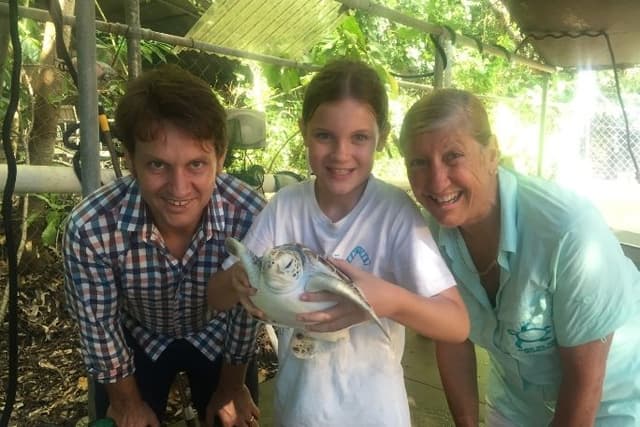
War On Waste - Going To War On Waste
Lesson12 of 13 in this unit
PrimaryYear 3 - 6ScienceHumanities and Social SciencesGeographyEnvironmentalSustainability
Summary
Lesson Guides and Printables
Lesson Plan

Student Worksheet

Teacher Content Info


Lesson Plan

Student Worksheet

Teacher Content Info
